
When we build a new fish tank, it means that we should cultivate the nitrifying bacteria and other beneficial bacteria in the water and keep them a relative balance first. Among all the beneficial bacteria, nitrifying bacteria is the most essential one for clear water.
What do nitrifying bacteria do in aquariums?
The excrement of fish and the residual feed after feeding are decomposed into ammonia and nitrogen in the tank. Ammonia and nitrogen are poisonous, and fish will be poisoned or even die if they live in an environment where ammonia and nitrogen exceed the standard for a long time.
So it requires nitrifying bacteria to decompose the ammonia and nitrogen and build a balanced ecosystem for the tank creatures. First, nitrifying bacteria decompose ammonia and nitrogen and produce nitrite, and then it decomposes the nitrite into nitrate. Nitrates are low toxicity and basically harmless to the tank inhabitants. It can be diluted with regular water changes.

Where is the aquarium nitrifying bacteria?
Nitrifying bacteria are aerobic bacteria that require oxygen to work and reproduce. Under suitable conditions, nitrifying bacteria can be quickly cultivated.
Generally, nitrifying bacteria will be inside the aquarium filter, inside the filter sponge, or the biochemical sponge, they mostly grow on the filter media surface. In addition, it will also gather in the substrate of fish tanks, coral bone, etc.
How to culture nitrifying bacteria in aquariums
As we know now, the nitrifying bacteria are essential for the tank water, then how to culture nitrifying bacteria quickly? Below are the 6 steps to culture them quickly.
1. The place where nitrifying bacteria attach: it must be attached to some items with pores and have good water permeability. Such as biochemical filter media. Or something that has a loose and porous surface, with good water permeability. When the nitrifying bacteria land on the media, they can start many reproduction and work. Therefore, if you use hygger aquarium filter, keep eye on that it must contain enough filter media at any time.
2. Suitable temperature: Nitrifying bacteria can survive in water of 5–35 C degrees, but 25 C is their favorite temperature for them. When the temperature arrives at the point, nitrifying bacteria will reproduce actively. If the temperature is too high, it will be difficult for them to survive as well as their activity will decrease when the temperature is too low, which are both not conducive for reproduction.

3. Oxygen: Nitrifying bacteria are aerobic bacteria, which need oxygen when decomposing the ammonia and nitrogen. In order to improve the survival of nitrifying bacteria, it is necessary to turn on the air pump in the fish tank to maintain sufficient dissolved oxygen at all times.
4. Foods for nitrifying bacteria: If the oxygen and the biochemical filter media have been prepared, but there are no fish in the tank, it means that there is no organic matter. There is no ammonia nitrogen no food for nitrifying bacteria, so it is difficult for nitrifying bacteria to reproduce in large numbers. It means the whole cycle cannot be finished. This is the reason we should add some fish or plants to the new tank to provide food for nitrifying bacteria.
5. Avoid a long lighting time: ultraviolet rays will kill the nitrifying bacteria, so it is better to avoid excessive lighting time under the sun directly.
The bottom line
After establishing the nitrification system in your tank, you can have clear water as well as a better home for fish.










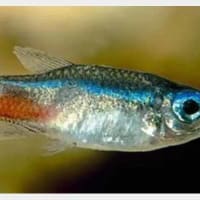
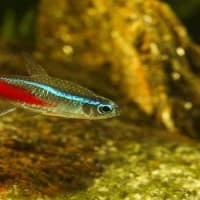


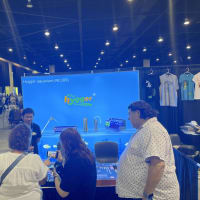
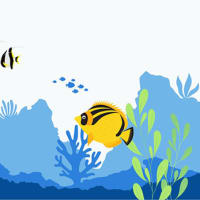
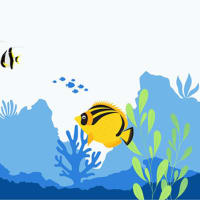
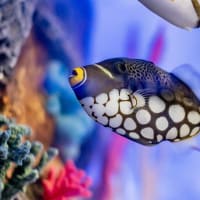
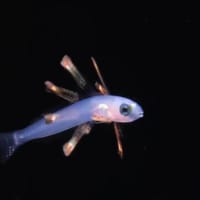
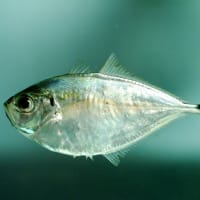
※コメント投稿者のブログIDはブログ作成者のみに通知されます